I’m a fan of historic fiction. While I read a wide variety, I’m especially fond of WEB Griffin’s books about World War II. As with any good historic fiction, he does a masterful job of mixing historic fact with made up characters. The results can teach us a lot about the actual historic events, along with much that isn’t included in normal history books. History books, after all, just talk about the famous people, what they did, when they did it and where they did it. I’m much more interested in how the common people lived and what they used.
One theme that has shown up a few times in Griffin’s novels was time that various members of the Marine Corps and the OSS (the predecessor to the CIA) spent behind the lines. It appears that he was fascinated by such operations and took the time to learn about them. His recounting of those operations is both exciting and informative, holding a few lessons that might apply to us in a post-disaster world.
Would there be an equivalent to being “behind the lines” in that time? For that matter, would there be such a thing as being in a “safe zone” where we could count on the people around us being at least someone friendly and not looking to kill us for what we have?
Most of us think of that post-disaster world as us against the world, on a very individual basis. We will have no friends or allies, other than our direct family and those in our survival team. Everyone else will be presumed to be an enemy. While it’s quite possible that there will be places where society will break down to that point, based on what we’ve seen in other times and places where society has broken down, those places will be very localized and will likely collapse under their own lawlessness, with the good people working their way back into society.
Allow me to propose a scenario.
For this scenario, I’m going to go with one of the most commonly talked about TEOTWAWKI events, the electrical grid going down. Whether that happens due to an attack by EMP, by CME or by sabotage is immaterial, the results would be basically the same. For the people of today to live in a world without electricity is one of the biggest challenges we could possibly face.
For most of us, it won’t make much sense to bug out, unless we have a fully prepared and stocked survival retreat somewhere. Heading off to live in the woods won’t put us in a better situation, unless we have the proverbial cabin in the woods that is prepared to be our survival shelter. Staying at home gives us the benefit of everything we own, our home for shelter, and all the supplies we’ve stockpiled. It might not be perfect, but it will probably be better than any other option we could find.
Loss if electrical power will bring with it all of the problems that we’ve all talked about time and time again. Everything from city water to the supply chain will break down. People will die from sickness and starvation. At least some government workers and officials at all levels will abandon their posts, adding to the general breakdown of society.
Here’s where we go wrong.
It is at this point that most of our imaginations go wrong. We tend to look at the post-disaster world through a lens of us against the world. Everyone outside our doors is bad and the only contact we want with any of them is for bartering.
But that image doesn’t match up with historic fact; what has happened in other countries where society, especially law and order, has broken down. While those countries faced severe problems, the only ones who lived as “me against the world” were those who chose to live that way. Mostly, they didn’t make it.
In past instances when societies have broken down, it may have started out as every man for himself; but that didn’t last long. There are always those who await such an opportunity, wanting to rise up and take control themselves. This doesn’t mean they have the character or ability to take control and govern properly; but rather, they have the strength to control others, even if that means killing those who won’t fall in line. These people are called warlords.
I must say that not all warlords are bad. Some who rise up and take power do so to try to make things better. They have a vision for their country, region, or town, and are working to bring that vision to pass. But that vision could just as likely be a dictatorship or a communist regime, rather than anything we would consider to be a legitimate government, even less a democracy or republic.
What this means is that these various warlords and their factions will be fighting each other for control. Each will have a territory they control, the borders of which will be defined by clashes with neighboring warlords. A constant state of gang warfare will ensue.
So, what does this mean for us who are not part of those criminal gangs? We will have two choices; we can try to avoid those gangs until they overrun us, or we can organize ourselves together with other law-abiding people to create at least a local government which is strong enough to stand up against these criminal gangs. Really, this is the only practical alternative for us to follow.
We will see our cities and towns will break down into “safe” and “dangerous” zones. Putting that another way, those will be our side and the enemy’s side, even though there will actually be several different enemies, who are competing with each other at least as much as they are competing with us.
Here’s where Behind the Lines comes in.
Control of whatever resources exist will be critical in such a time. Granted, you and I are working from an assumption that the only resources we will have access too will be those resources we stockpile now, before the disaster happens. But none of us are going to have enough resources to take care of those who are unprepared. Ignoring them and just allowing them to die weakens any chance of rebuilding society, literally turning everything over to the criminal element.
I’m not suggesting that we play socialist and redistribute our wealth to others. Rather, I’m saying that we should work together with those others, at least the good people, to try and help them survive by taking control of available resources and using them as wisely as possible. The more we can help those people work together to survive, the safer it will be for us, as they will help us defend ourselves from the criminal element, just as we will help to defend them.
As those lines form, we want to gain control of as many resources as possible; not just for ourselves but for those we can consider to be on “our side.” We will need to work quickly to do that, helping people to organize and possibly even pointing out the resources they need to take control of. Otherwise, the only way that we or anyone else on “our side” will be able to get ahold of those resources, will be to go behind the lines, into the warlords’ territories in search for them. That will obviously be dangerous.
I’d be willing to guess that there will be people who will make those forays, probably veterans who have the necessary skills to sneak around behind the lines and the ability to protect themselves should they come in contact with those warlords and their forces. But while those people will be willing to do so, they will need clear direction and probably some support, so that they know what their mission and their priorities are.
As preppers, we will be in better shape to help those who want to stay out of the clutches of those criminal gangs better than anyone. For one thing, we will have already thought through our own survival. But we can take that a step further by thinking through how to help our community survive. Few people will have thought about that and even fewer will have the skills to survive in that world. Our skills and our ability to keep our cool, based on our being prepared, will make it easy for us to influence friends and neighbors, perhaps even participating in creating a new government.
While I firmly believe that my first responsibility is to my family, ensuring their survival, I also believe that I can best ensure my family’s survival by making sure that my community survives as well. If that means going behind the lines a time or two, so be it. Better yet, I think I could accomplish more by supporting those who go behind the lines and help define their mission, providing them with the intelligence they’ll need to have, in order to be effective.

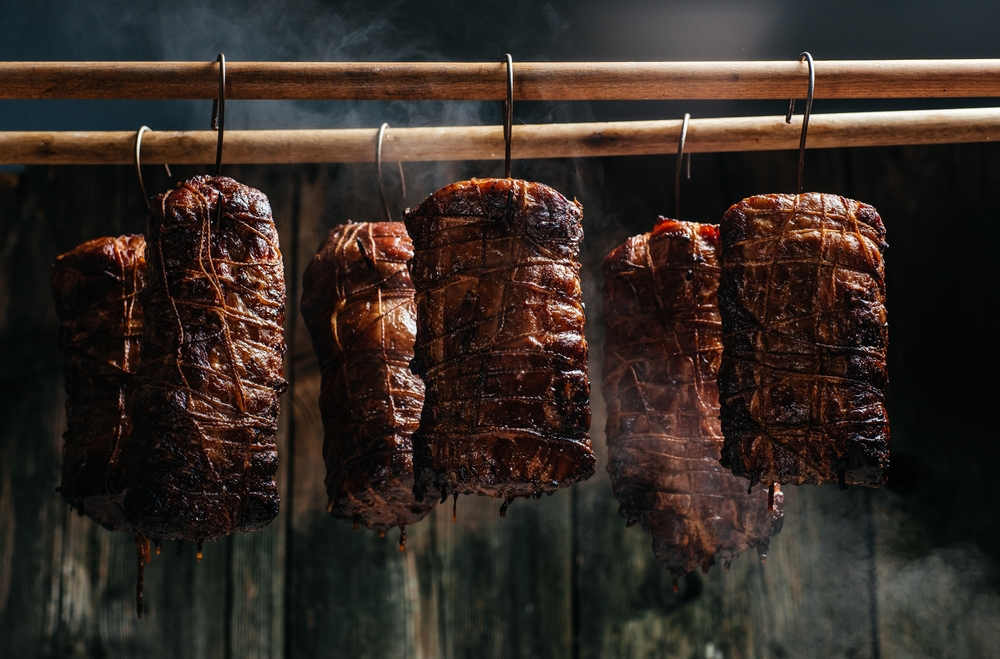
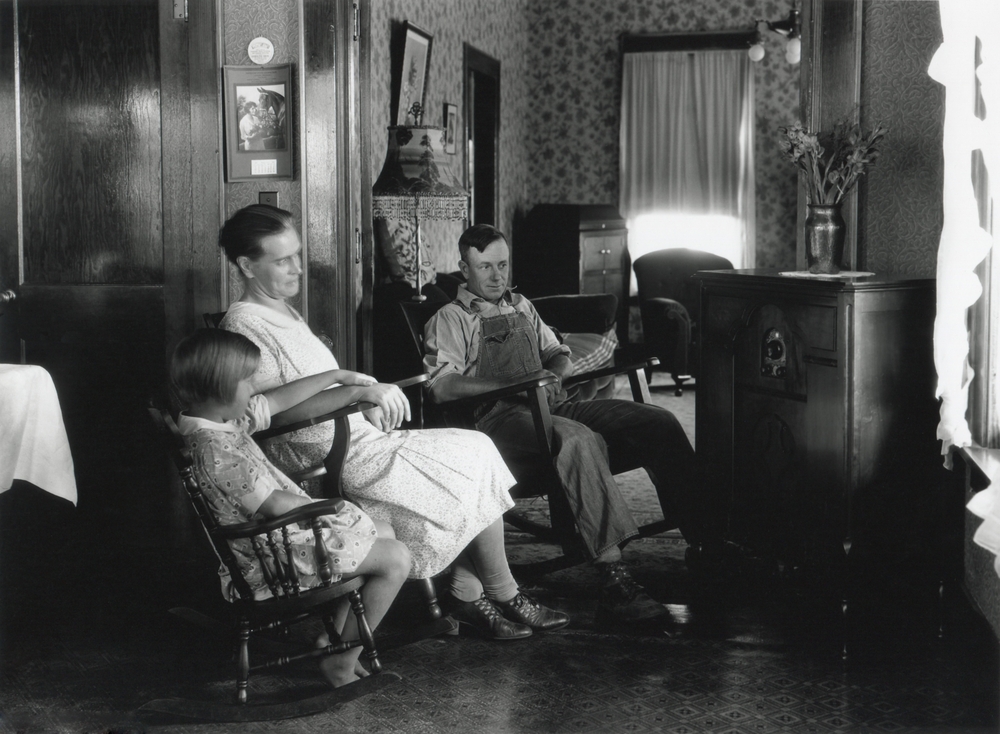
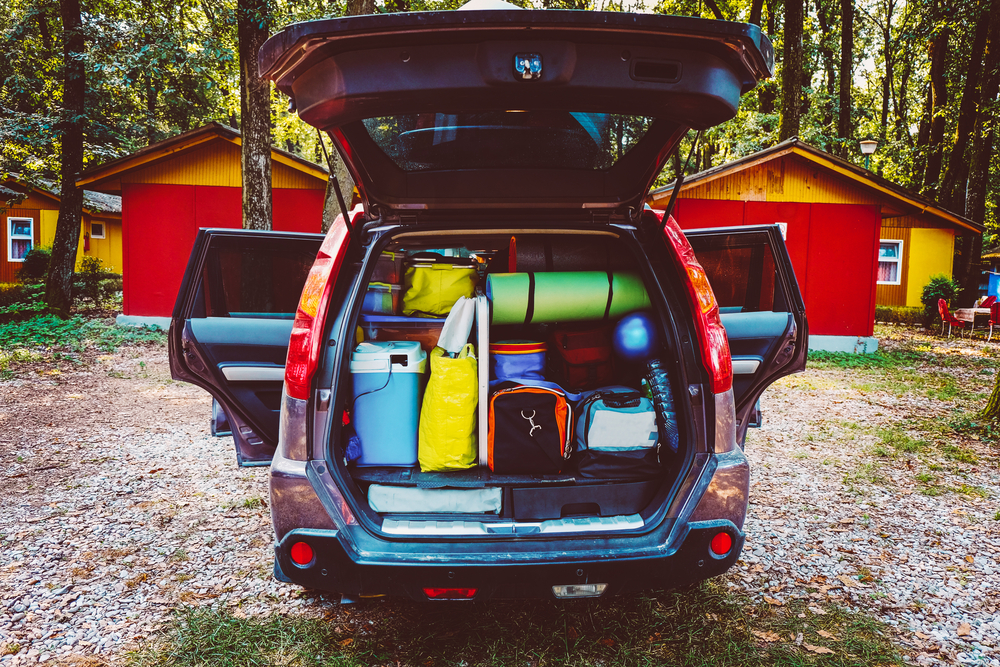


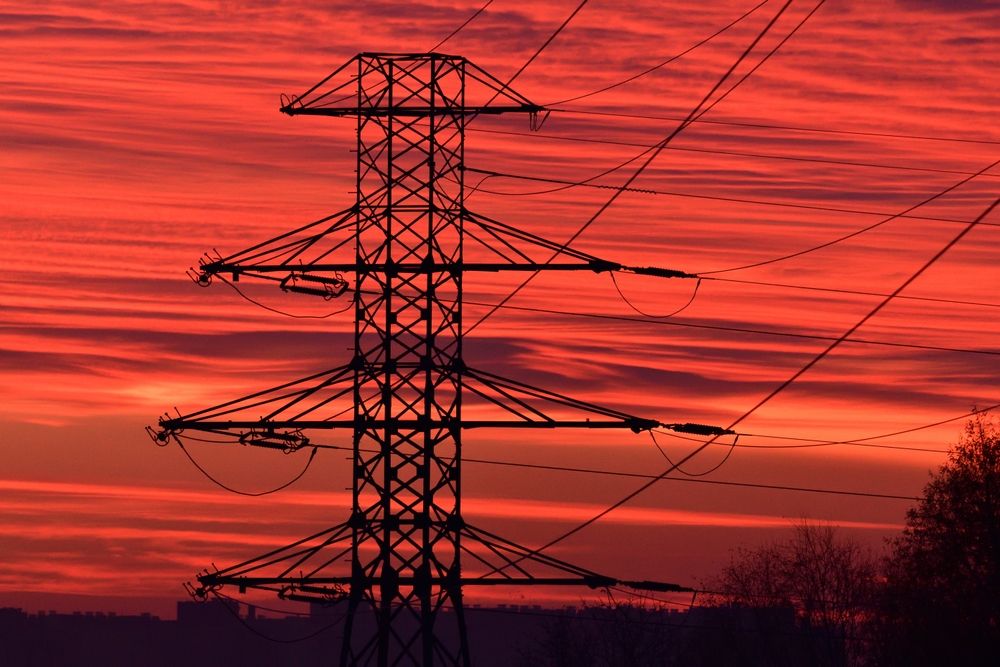
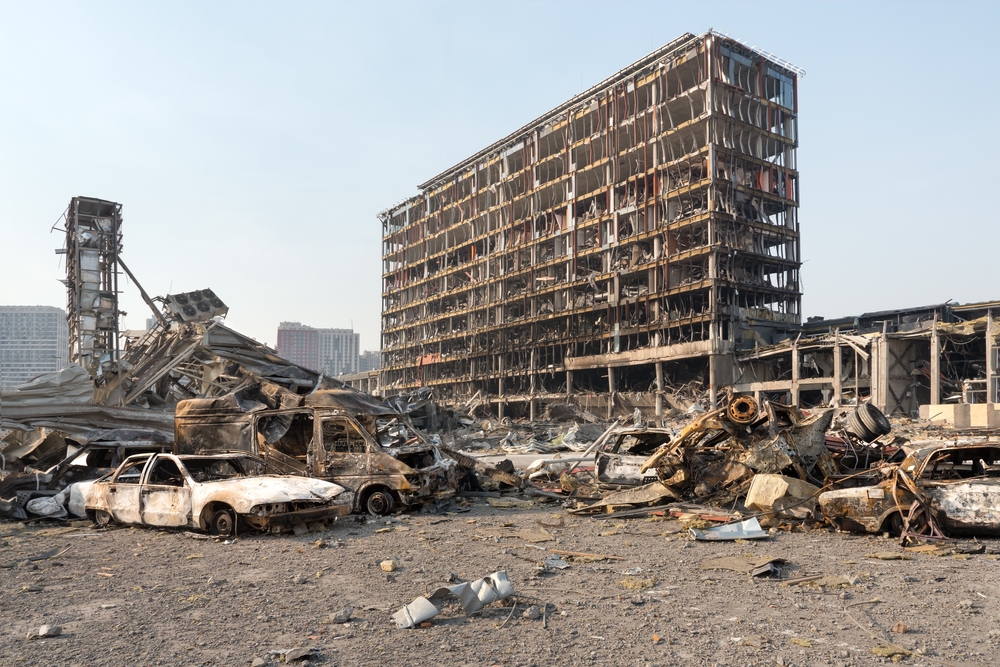

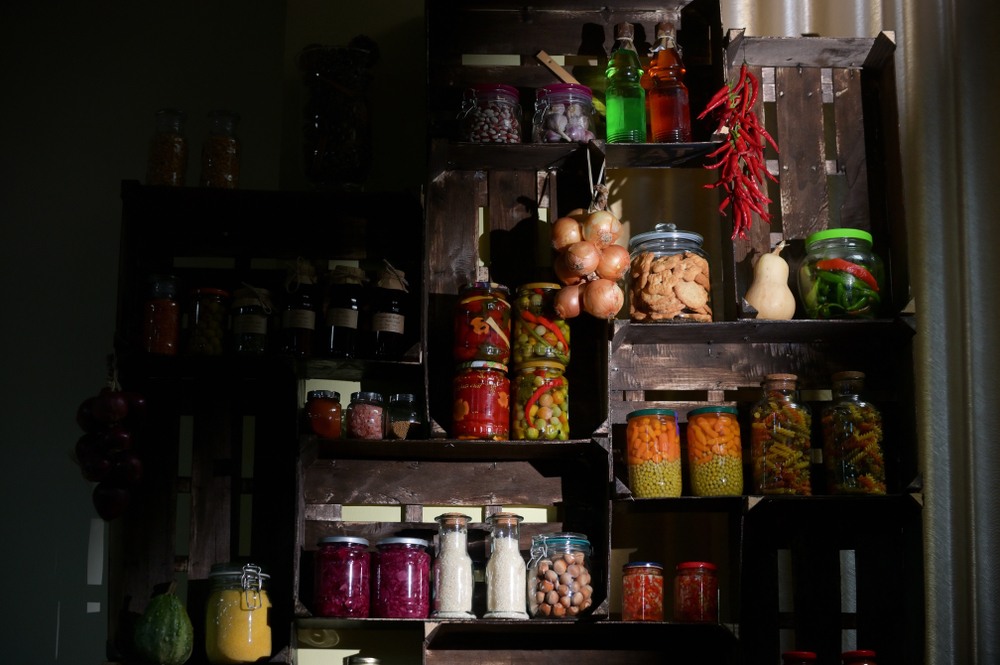









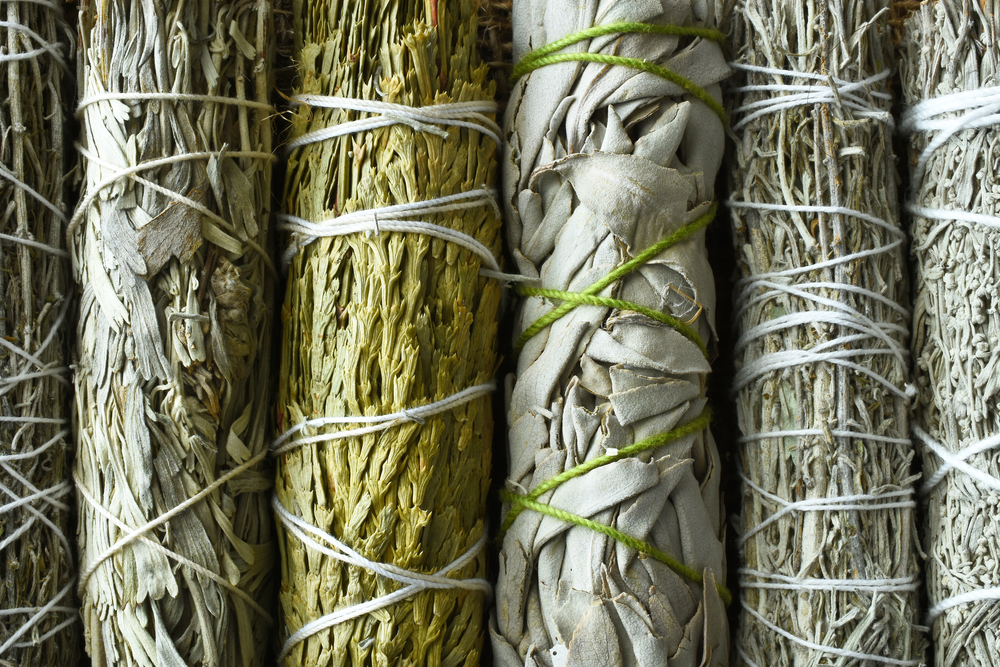
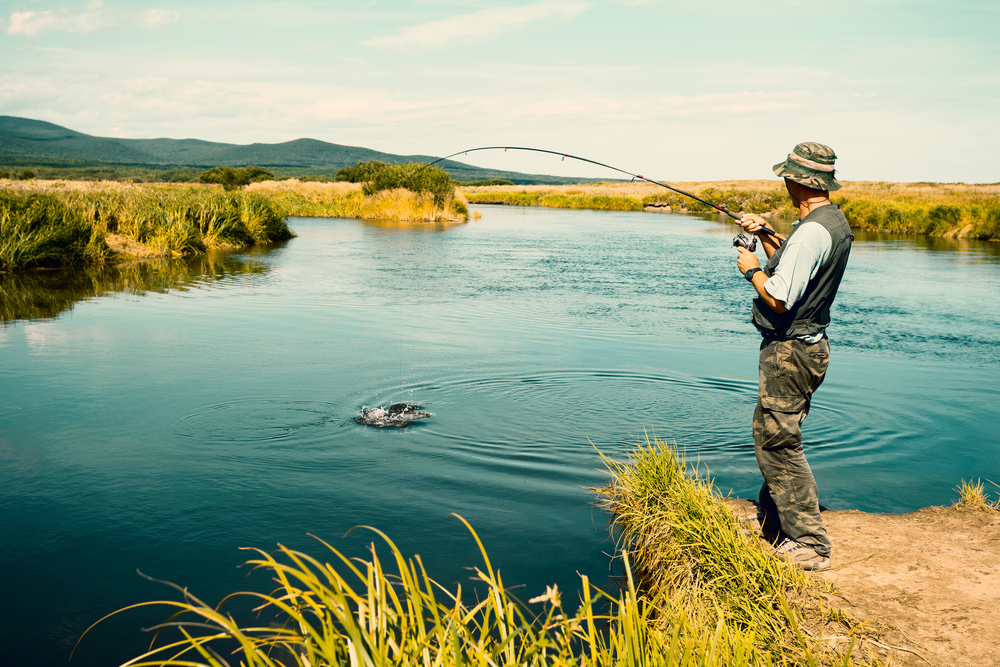

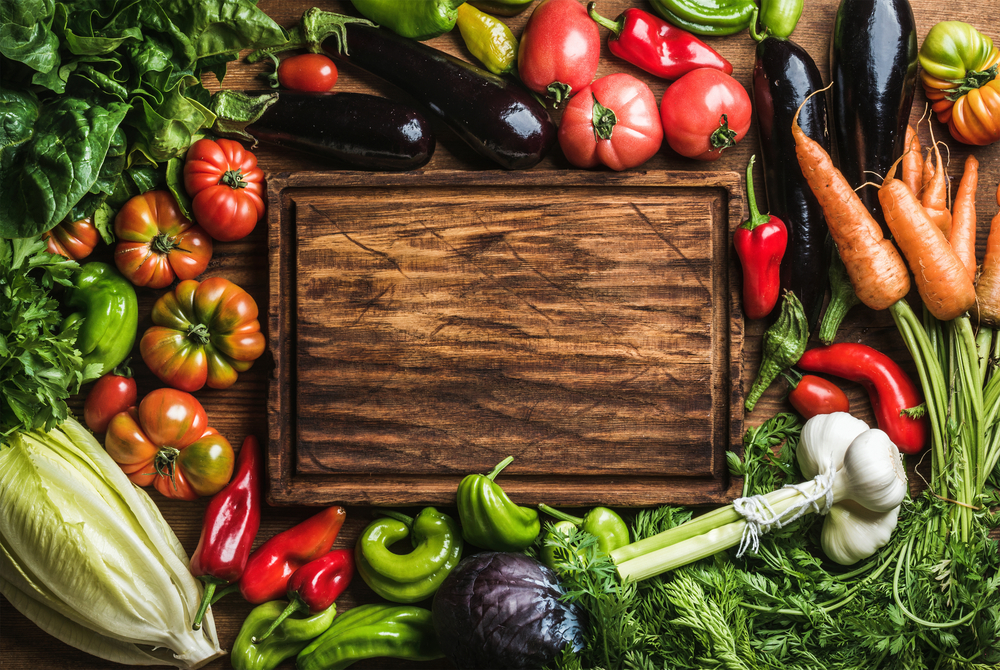
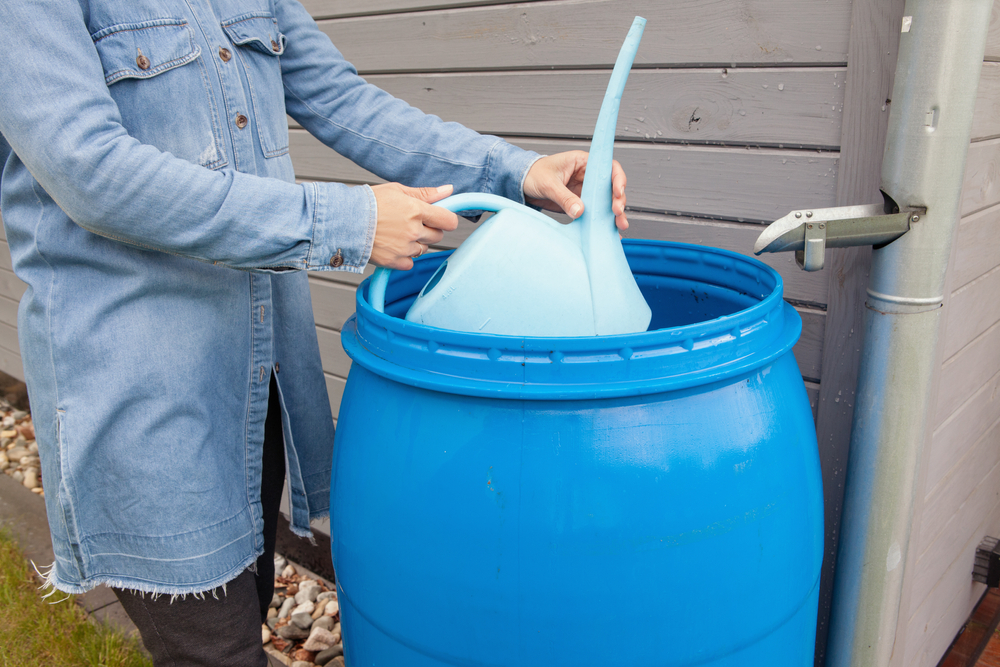
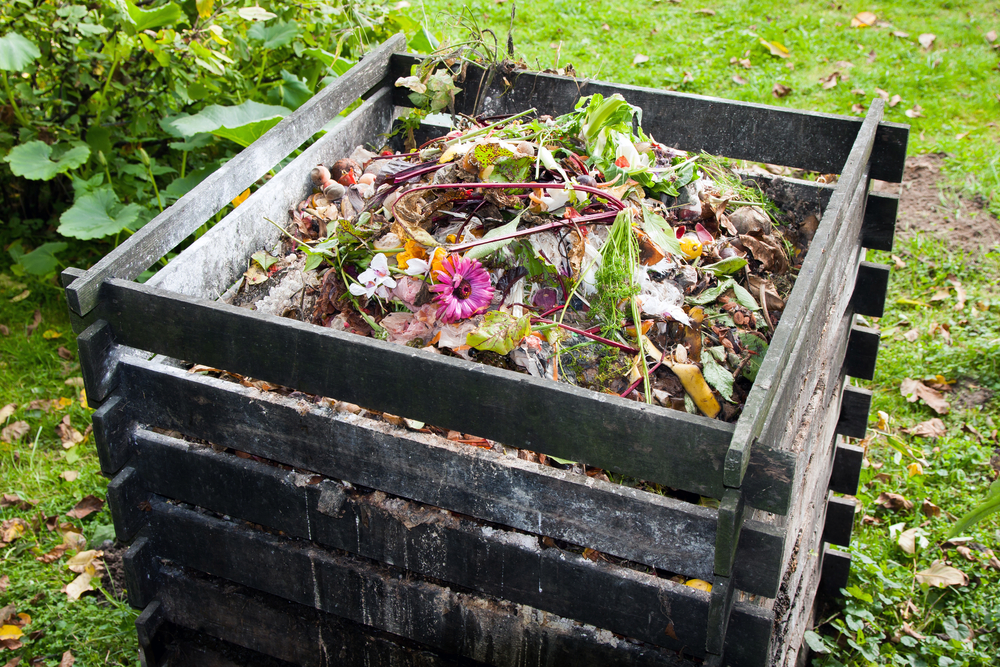
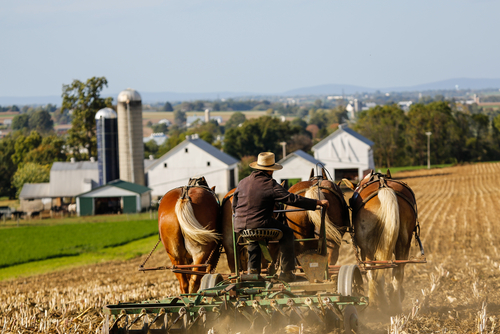
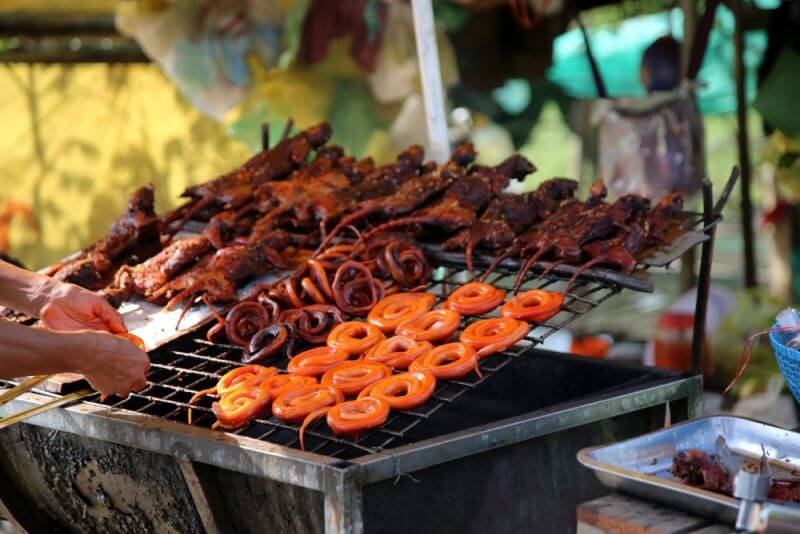

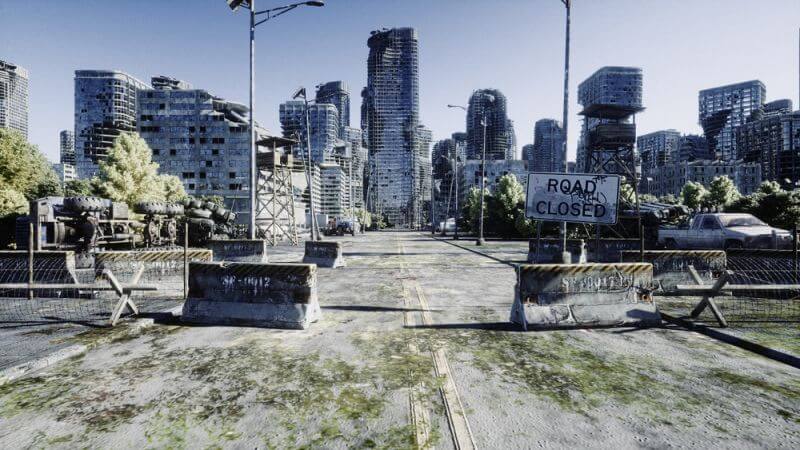
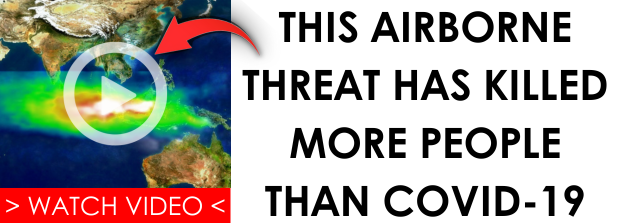
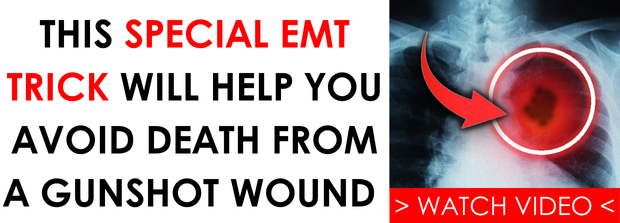





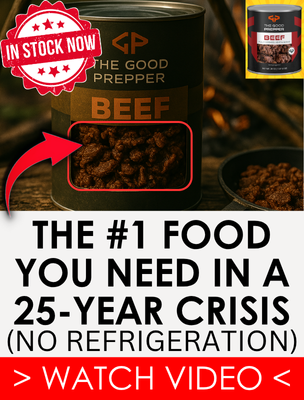
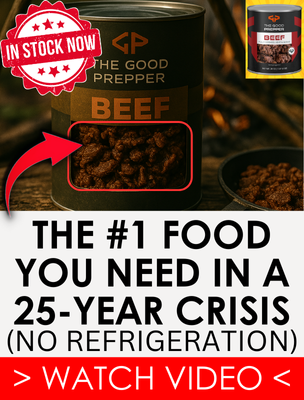

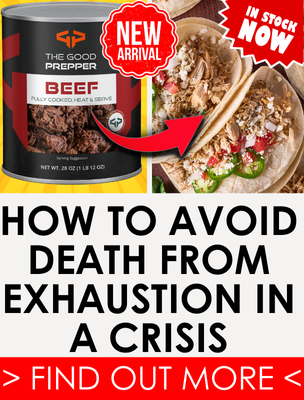
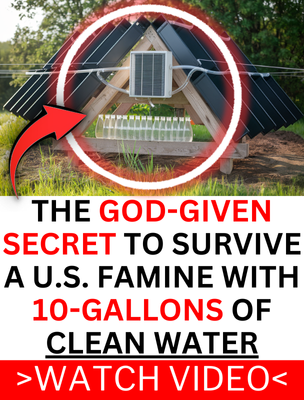
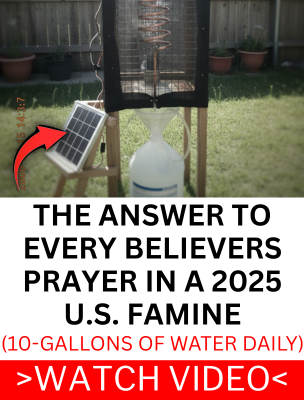
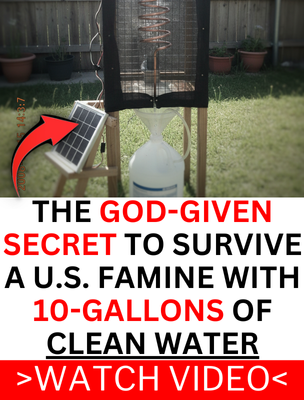



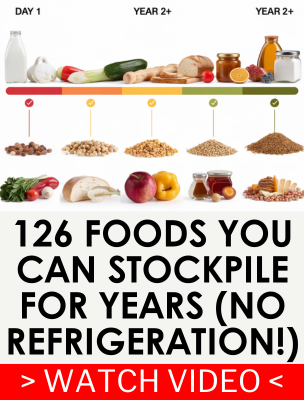
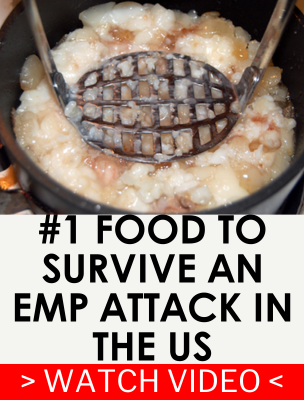
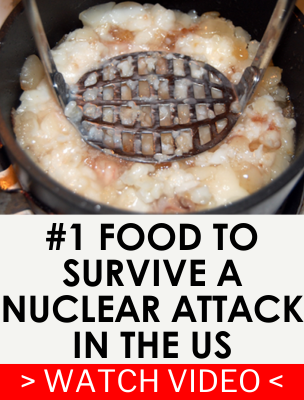
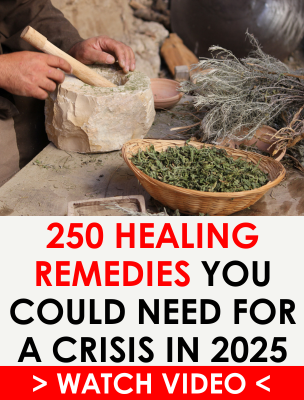
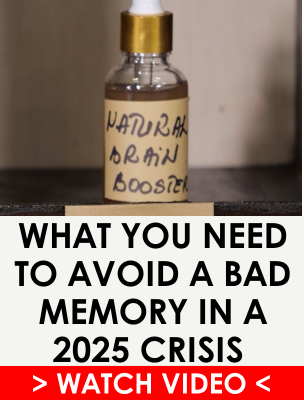
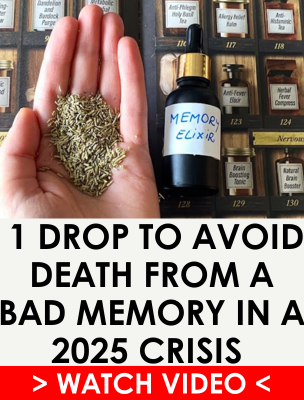



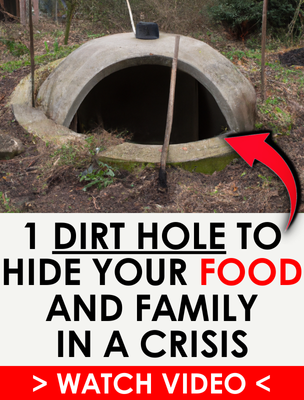
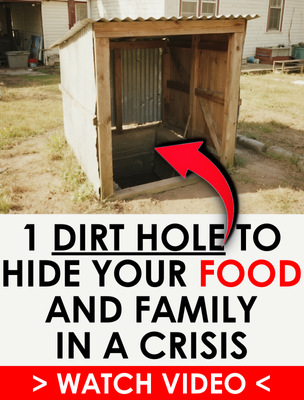
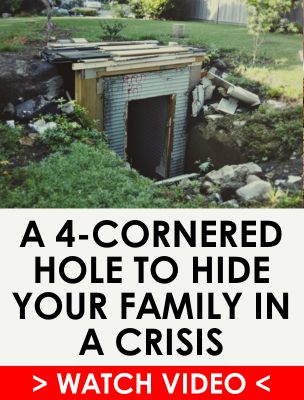
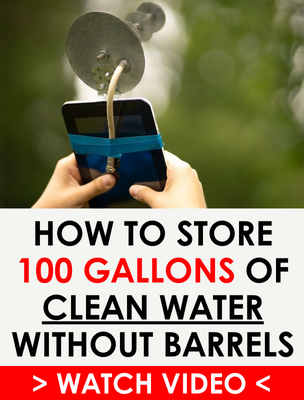
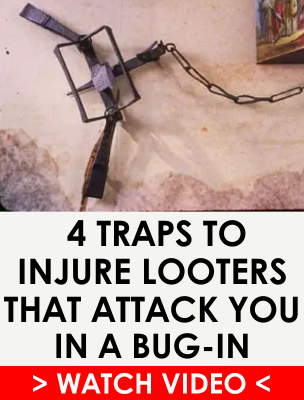
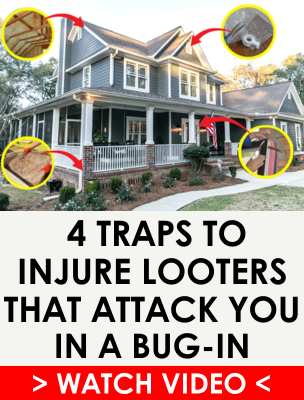





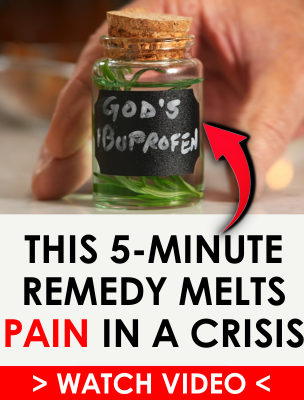
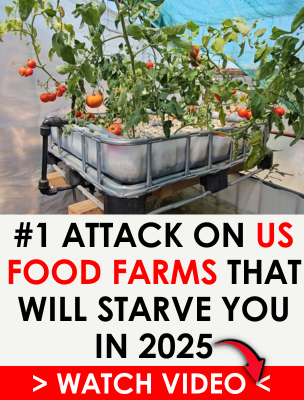
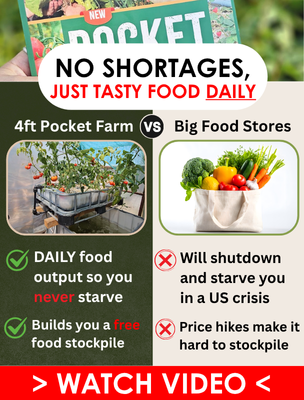


To all” Please take the time to watch this video and comment on our subject regarding the teachings of my friend and mentor, Jim Phillips, who has left our Earthly world, yet left us with his teachings:
“The Importance of Building a Prepper Community with Jim Phillips”
https://youtube.com/watch?v=83PlbVa35pM&si=6bMTiSVJCLLc3Uhj
I especially applaud this part:
“… overrun us, or we can organize ourselves together with other law-abiding people to create at least a local government which is strong enough to stand up against these criminal gangs. Really, this is the only practical alternative for us to follow.”
We have the benefit of our history and our choice to prepare by studying our Constitution and Founding to understand desirable government and traps and mistakes to avoid as in the book: “The Five Thousand Year Leap” by Skousen.
“If that means going behind the lines a time or two, so be it.”
Yes! I will penetrate deeply into future hazardous United States of America after The Great Collapse to offer specific people that hopefully survived to that point relocation to strongholds of freedom because they are needed to educate on proper government.
One of my best examples is a man so passionate on teaching our Constitution and Founding history that he does it for free with great personal devotion at his expense in many ways and at a rare level of knowledge of having a doctorate degree in it with relentless continuing studies. He is into preparedness perhaps more than most of us, yet all of our preparedness will likely prove insufficient for challenges that I anticipate.
Looking at it from a pure engineering POV.
WATER will be the first concern of a community. If you have a source for drinking, bathing, and farming. You should be able to sustain the community.
WASTE, you’ll have to be concerned with the waste from defecations (consumption of food) and bathing (grey water).. You should look at repurposing all other waste.
Public Safety: (LE and Fire)
Cross train everyone in the community in basic security procedures and set up training academies to teach same. Fire will destroy everything unless it’s made of stone and single story. Same as above, everyone should be trained in basic fire prevention and suppression methods.
Grey water should also be repurposed, for gardens, fire suppression and even for flushing toilets and diluting urine fir fertilizing gardens.